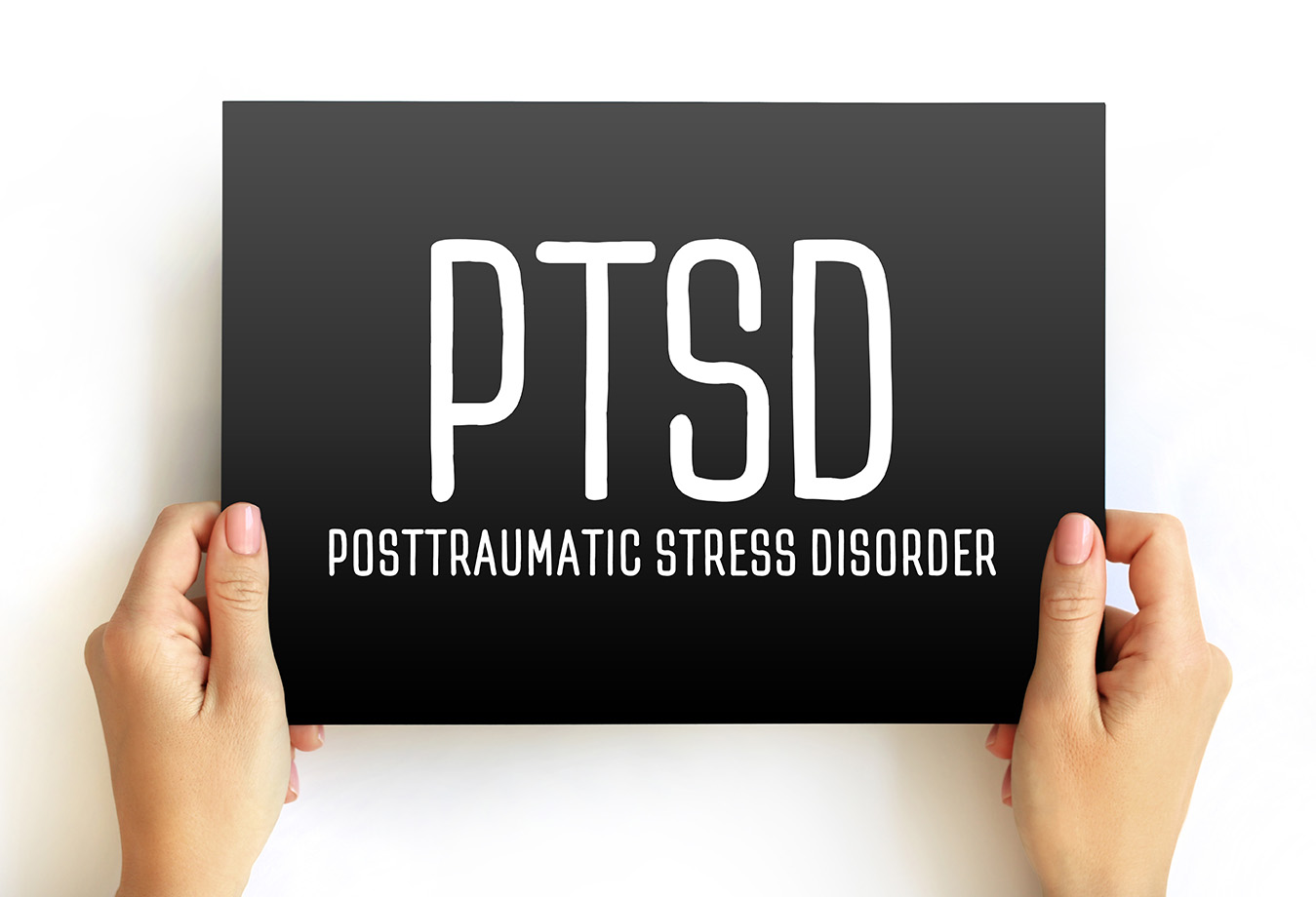Trauma-Related Disorders

Most common trauma-related disorders are Post-traumatic Stress Disorder (PTSD), Acute Stress Disorder (ASD) and Adjustment Disorder.
Post-traumatic Stress Disorder (PTSD) is a mental health condition caused by experiencing or witnessing a deeply distressing or life-threatening event.
The most common events that can lead to PTSD include:
- Combat exposure.
- Childhood physical abuse.
- Sexual violence.
- Physical or verbal abuse.
- Being threatened with a weapon.
- Severe accident.
Common symptoms of Post-traumatic Stress Disorder are persistent memories of a traumatic event, flashbacks, nightmares, avoidance, persistent negative thoughts about self or others, feelings of fear, blame, guilt, anger, memory issues, emotional numbness, and being easily startled or frightened.
Trauma is subjective. What may deeply affect one person may not impact another in the same way. Dr. Zorica Filipovic-Jewell approaches individuals who have experienced trauma with empathy, skills and a commitment to fostering recovery. Her approach includes:
- Trauma-Informed Care: Ensuring a safe, nonjudgmental environment where patients feel understood and empowered to heal and move on from being victims of trauma to fully capable and thriving individuals.
- Comprehensive Assessment with a detailed review of personal history.
- Individualized Treatment Plan that consists of psychoeducation and psychotherapy. She utilizes Supportive psychotherapy, Cognitive Behavioral Therapy (CBT), Mindfulness-Based Stress Reduction (MBSR).
- Medication-Assisted Treatment when appropriate to help manage anxiety, depression or sleep problems, if present.
When to seek help:
For many individuals, the symptoms of PTSD can persist for months, years, or even a lifetime without proper intervention, profoundly affecting their ability to navigate social, professional, or personal aspects of life.
If you have disturbing thoughts and feelings about a traumatic event for more than a month, especially if these symptoms are severe.
Areas of Expertise:
Personalized Treatment
For Your Peace of Mind
ADHD
With establishing clear diagnosis and the right combination of treatment, Dr. Filipovic-Jewell can help you advance your life and career.
Depressive Disorders
Lifestyle and behavioral strategies are equally important as psychotherapy or medications in treatment of Depressive Disorders.
Psychiatric Disorders in Medically Ill
Patients facing serious or chronic medical conditions can experience a range of psychiatric symptoms, potentially impacting recovery.
Trauma-Related Disorders
Dr. Zorica Filipovic-Jewell approaches individuals with traumatic experience with empathy and a commitment to fostering recovery.
Anxiety Disorders
With the right therapeutic interventions, individuals suffering from Anxiety Disorders can manage symptoms and lead fulfilling lives.
Eating Disorders
Eating disorders often require a combination of psychiatric care, therapy, nutritional counseling, and occasionally medical intervention.
Sleep Disorders
Sleep disorders include a wide range of conditions that disrupt normal sleep patterns, leaving individuals unable to function effectively.
Women's Mental Health
Bipolar Disorder
Treatment plans, when approaching Bipolar Disorder patients, are evidence-based, and collaborative. Psychoeducation is a crucial first step
Marital/Relationship Related Stress
Whether you’re dating, engaged, married, or in a long-term relationship, therapy can help deepen your connection.
Substance Use Disorders
In addition to treatment, we will provide resources and education to empower you and your loved ones to sustain a long-term recovery.
Work-Related Stress
Left unmanaged, work-related stress can lead to burnout, anxiety, depression, and other health conditions.